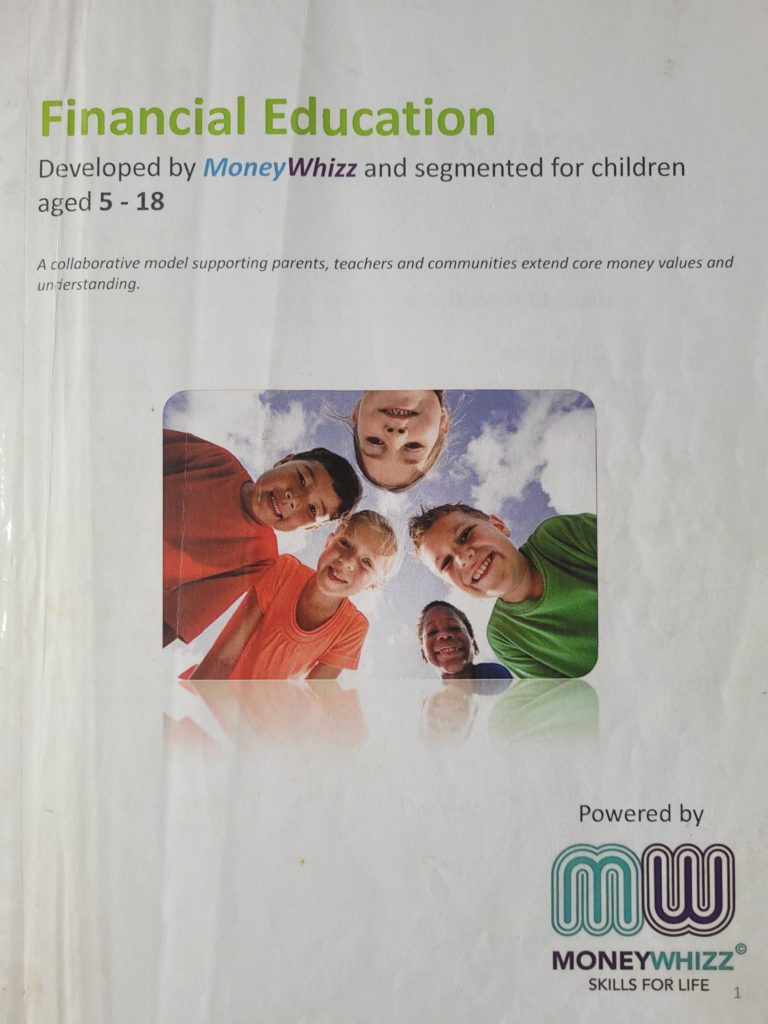The financial skills of adults can be unimpressive when it comes to core issues such as taxation, retirement planning, investing as well as key concepts such as compounding.

And this is not just an Irish problem, it affects adults in various ways across the globe. This is according to a range of financial skills surveys, including one from MoneyWhizz, which examines adult understanding of the impact of inflation on the value of money.
Financial skills matter today more than ever! This is due a variety of factors, including the abstraction of money, the development of more complex investment products and the liberalisation of do-it-yourself investment channels that enable more and more people to part with their money. Equally, the shift from key financial wellbeing pillars, especially the migration from defined benefit pension plans to defined contribution alternatives means more people must have a higher level of understanding of risk, taxation, and long-term financial needs.
Schools present an ideal environment to promote better money skills. Equally, the back-to-school period in August, where parents are busy planning offers and ideal opportunity for parents to have money chats with their children. This should include core topics that form the bedrock of better money habits, especially saving and spending.
Additionally, with inflation still at a 40-year high, the impact this has on household budgets sets the scene for parents to include their children in seeking out better value for a range of goods, especially ones that include day-to-day shopping and back-to-school expenses. Activities should incorporate saving, spending, planning, budgeting, and price comparison. Tasks could include:
- Budget challenge – give children a budget and a list of items they must pick up in the supermarket during a normal shopping run where they are challenged to remain within budget.
- Price comparison – ask children to identify which retailers offer the best value on a range of goods and services using per unit pricing (example – cost-per-litre or cost-per-kg).
- Saving – reward children for identifying possible budget savings at different retailers or with product alternatives.
- Planning – tack children to prepare a weekly shopping list.
- Spending – task children to estimate the cost of each item on the weekly shopping list and alternatively, for the back-to-school planning.
Children as young as age 3 develop an awareness of money and by age 7, many will have formed various money habits that can last a lifetime. This is why it is so important they are taught from a young age that money is finite, that it needs to be carefully managed, and it is OK to set budgets and have financial limits.
MoneyWhizz has developed a comprehensive Financial Literacy Framework that incorporates lessons for children of all ages, even for those as young as age 6. It is scaled for all groups and incorporates more demanding topics and lessons for older students. It even has a range of topics and lessons for adults.

To learn more, parents and teachers can access additional information, including a number of video-based educational videos on the MoneyWhizz website HERE.


Comments are closed.